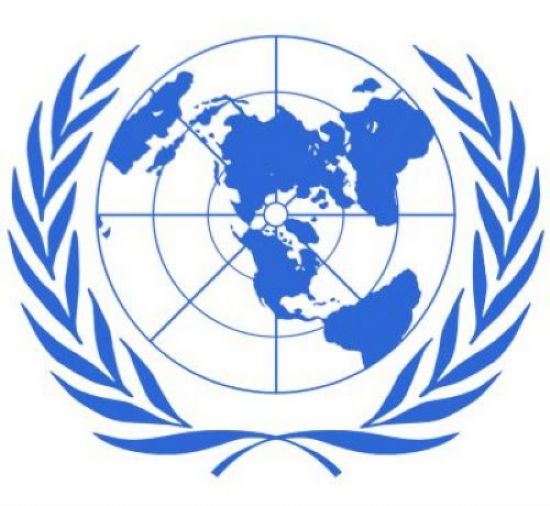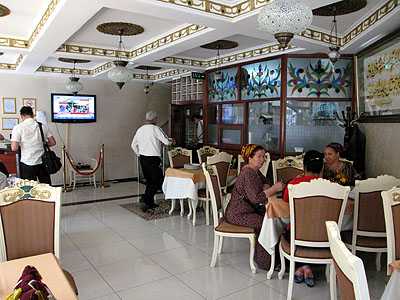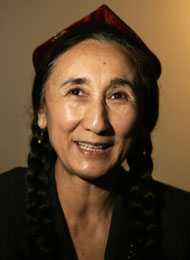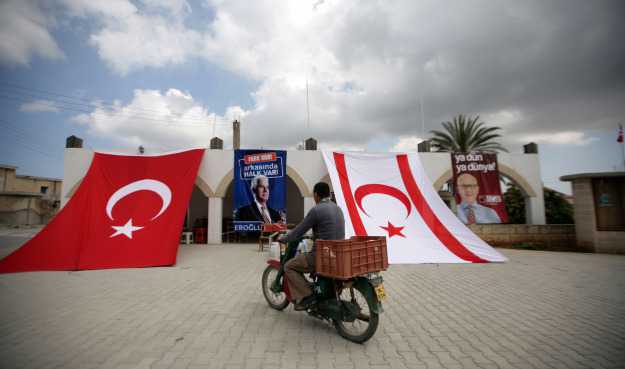* Turkish PM called 2009 Chinese crackdown on riots “genocide”
* Uighur protesters burn Chinese flag, Xi poster
* China is Turkey’s 15th biggest export market
* Erdogan says will visit China in coming months (Adds meeting with Erdogan)
By Tulay Karadeniz
ANKARA, Feb 21 (Reuters) – Activists from China’s Muslim Uighur minority burnt Chinese flags in Ankara on Tuesday where China’s leader-in-waiting Xi Jinping was holding talks with Turkish officials on regional issues.
About 60 Turkic-speaking Uighurs from China’s northwestern Xinjiang province protested outside the hotel where Xi was staying in the Turkish capital on the last leg of a trip that also took him to the United States and Ireland.
Xi, almost sure to succeed Hu Jintao as president in just over a year, praised Turkey’s role in trying to resolve issues such as the Iranian nuclear dispute and Middle East conflicts.
Waving the flag of East Turkestan, pale blue with a white star and crescent, the protesters burnt a Chinese flag and a poster of Xi before police moved in to disperse them.
Rights groups accuse China of abuses during a crackdown after Uighur riots in 2009 and Turkish Prime Minister Tayyip Erdogan then described the events as a “genocide”. Turkey is home to thousands of Uighurs who have fled Xinjiang since the Chinese Communists took over the region in 1949.
Xi said China had made great strides to raise the living standards of all ethnic groups in Xinjiang.
Turkey and China are at either end of a political and economic axis stretching along the old silk road though Central Asia, Iran and Afghanistan. Both have strong, sometimes competing economic interests in the region.
Turkey, now the world’s 16th biggest economy and only second to China in growth last year, has projected itself as a stable Muslim democracy, making it a key player at a time of turmoil and unrest in the Middle East.
“A member of the G20 with a growing economy and an important country in the Middle East, Turkey has for a long time tried to bring stability and development to the region and played an active role in trying to solve ‘hot’ issues,” Xi told Turkey’s Sabah newspaper listing Afghanistan, the Iranian nuclear and Middle East peace efforts.
BILLION DOLLAR DEALS
Turkey has sought to mediate between the West and Iran in a dispute over Iran’s nuclear programme and has broadly shared China’s opposition to stronger sanctions against Tehran.
But on Syria their positions have been sharply at odds.
While Turkey has taken a leading role in pressuring Syria’s President Bashar al-Assad to step down, China, along with Russia, this month blocked a draft U.N. Security Council resolution that backed an Arab plan urging him to quit.
China has also not decided whether to accept an invitation to discuss Syria with other world powers this week in Tunisia, a meeting Turkey’s foreign minister will attend and Ankara hopes will keep up pressure for Assad to step down.
Xi met President Abdullah Gul on Tuesday and signed seven bilateral economic agreements.
The central banks of Turkey and China signed a three-year currency swap agreement worth $1.6 billion which will be effective for three years, both sides said. The two countries could discuss extending its maturity after that.
China has signed a series of bilateral currency agreements with foreign countries as part of efforts to promote the use of the yuan in cross-boarder trade and investment.
The Turkish energy ministry also said China’s Avic International and Turkey’s Hema Endustri, a Turkish engineering manufacturing company, will sign a $1 billion deal for power plant and coal production equipment.
Energy Minister Taner Yildiz said the agreement could lead to cooperation with China on building Turkey’s first nuclear power plant.
Xi later travelled to Istanbul for talks with Erdogan, who is recovering from surgery at home there. Citing prime ministerial officials, Turkish state media said the two men met for one hour where they agreed to increase economic cooperation.
During the meeting, which was closed to the media, Erdogan accepted a formal invitation by Xi to visit China and said he would travel there in the coming months, state-run Anatolian news agency reported.
On Wednesday, Xi attends a business forum in Istanbul, where he is likely to be assailed by exporters eager to try to bridge a gaping trade gap.
China is Turkey’s 15th biggest export market with nearly $2.5 billion of Turkish goods sold there last year, a rise of 8.7 percent. But some $21.6 billion worth of Chinese goods were imported to Turkey in 2011, up 26 percent from 2010. (Additional reporting by Jon Hemming, Orhan Coskun and Jonathon Burch; Writing by Jon Hemming; Editing by Maria Golovnina)
via UPDATE 3-Uighur protests as China’s Xi visits Turkey | Reuters.







